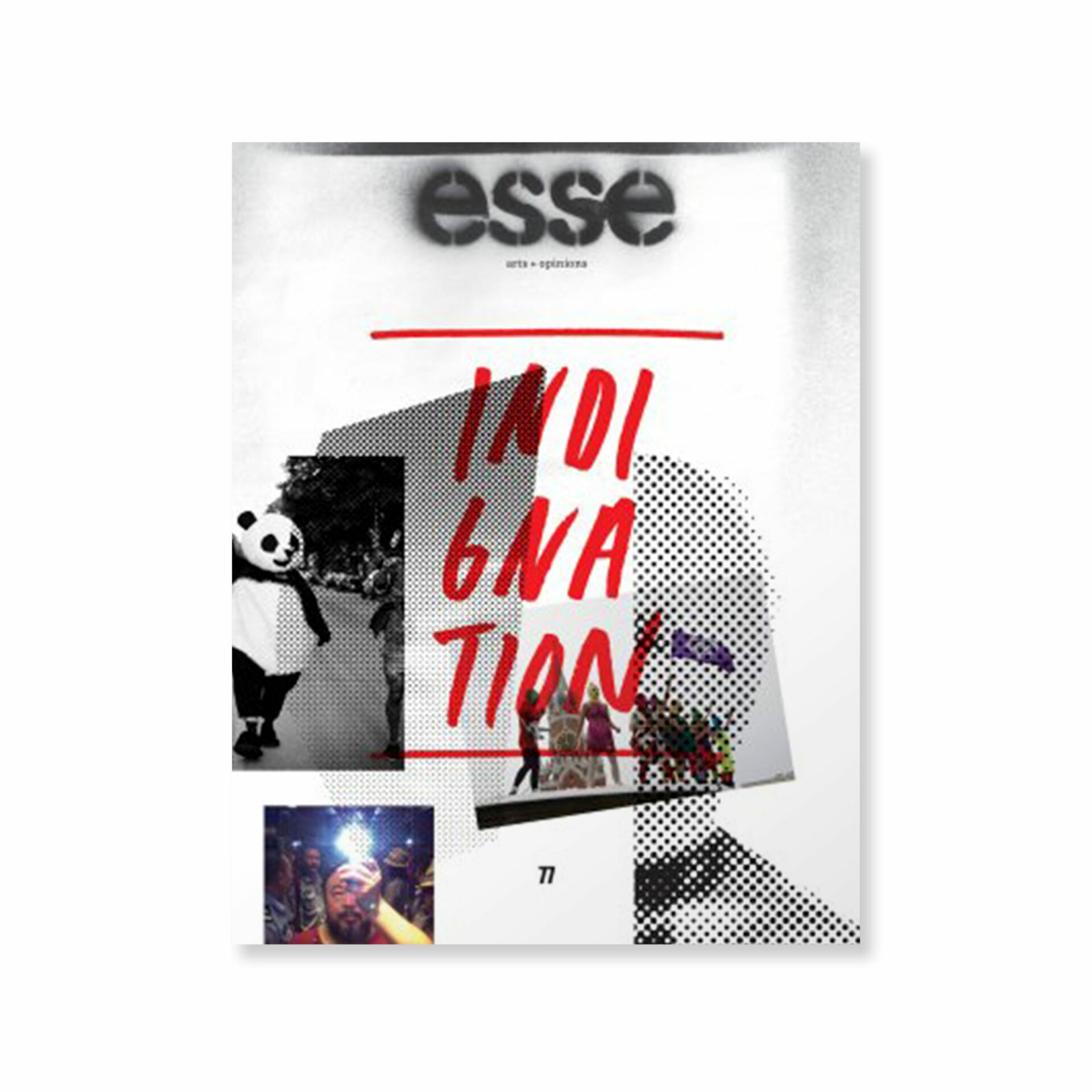We, the outraged
They tell you we are dreamers. The true dreamers are those who think things can go on indefinitely the way they are. We are not dreamers. We are awakening from a dream that is turning into a nightmare. — Slavoj Žižek, Occupy! Scenes from Occupied America
The Indignation issue was inspired by a question. In a global context dominated by financial crises, social inequalities, and various forms of repression and dictatorship, where more and more citizens are taking to the streets to express their anger, how do artists express their indignation? This question could have given rise to a commentary on the new faces of activism and engaged art, in the process reviving the debates between so-called polemic art and “art for art’s sake.” Yet more urgent seemed to be to remember that artists are first and foremost citizens. If certain individuals among them decide — occasionally or persistently — to express their indignation through their art, others choose to take political action and to participate in popular demonstrations. For this reason, rather than analyzing the aesthetic codes of engaged art, we preferred to contemplate the various motifs of indignation, as well as the strategies employed by artists and citizens to express their discontent.
Last spring, Quebec also entered into an unprecedented social crisis. Initiated by the mobilization of students against the tuition fee hikes imposed by the ruling government, the strike transformed into a mass popular movement, now commonly referred to as the “Maple Spring.” The sheer scale of the demonstrations that ensued, as well as the involvement of various members of the artistic community in the debates, encouraged us to launch this issue with an analysis of this student crisis — notably through its visual signatures — and to make it the subject of our portfolio, thus lending a Quebec flush to parts of this issue.1 1 - The recurring presence of the now famous red square prompts us to consider its origins, which can be traced back to October 5, 2004, when members of the Collectif pour un Québec sans pauvreté (Collective for a poverty-free Quebec), in response to a proposed action plan to combat poverty and social exclusion (Bill 57), presented themselves at the Quebec National Assembly carrying a red square “as an expression of indignation against the manner with which the government has chosen to further marginalize people in the red.” pauvrete.qc.ca But the causes of indignation on the international scene are clearly more varied and far-reaching, being closely linked with socio-economic and political situations that have diverse and often more dire consequences for each of the communities concerned. Consequently, the various scenarios examined in this issue, spotlighting indignation in Quebec, Canada, Russia, Syria, Greece, and China (the United States, Mexico, and the Middle East are also mentioned), must unquestionably each be read with close regard to their respective contexts.
Despite the differences between these events and circumstances and the forms of expression chosen to counter them, a few similarities and affinities remain. Mass popular uprising is the most blatant example of such. Humour (or rather irony and cynicism) is also widespread, notably in the students’ slogans, on the École de la Montagne Rouge posters, in the performances of Pussy Riot, and even in Ai Weiwei dancing Gangnam Style. There is also new-found hope in both society and democracy, as well as the conviction that, by speaking out and taking action, it is possible to bring about change. This issue, although very humble given the diversity and scope of indignation around the globe, sheds light on some examples of outrage expressed by artists and citizens alike. Among the outraged are also authors who, by choosing to analyze certain subjects, give voice to their own concerns: “If there is indeed a sign of hope in Alexis, if there is a desire to question the economic sense within our democracies, this hope cannot remain mere indignation. […] And while indignation may seem to take precedence these days, it must not be transformed into resignation. It must thoughtfully transform itself into a fight for dignity.” (André-Louis Paré, p. 39)
“Consequently, for us, indignation marks but the stage of realization, the catalyst for the truly significant protest actions that ensued. Indignation called for action — ideally liberating action.” (Charron and St-Gelais, p. 6)
If we had to identify a final similarity between the ever-increasing number of outraged citizens in the world, it would have to be the spirit of solidarity that unites them, and which allows the voice of each individual to carry a little further and to extend the circle made up of those who are the raisers of global consciousness.
Translated from the French by Louise Ashcroft
